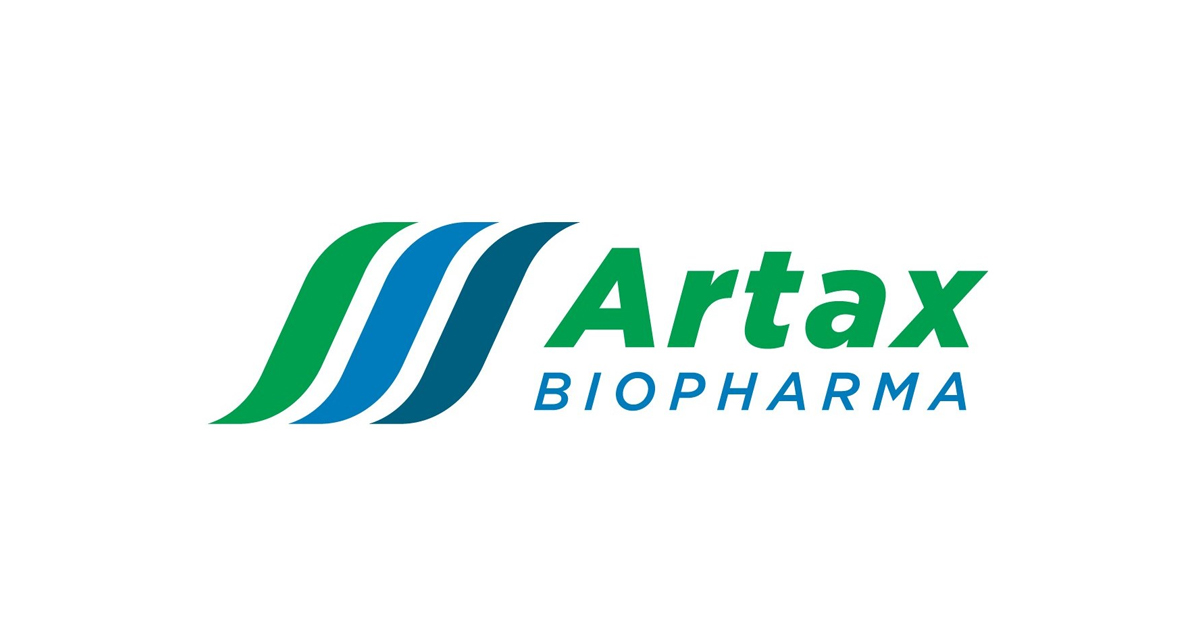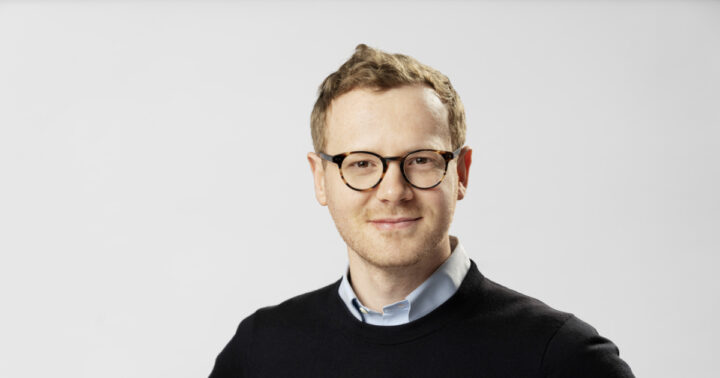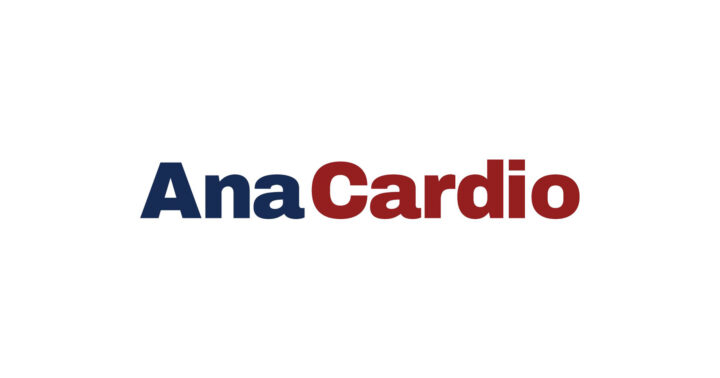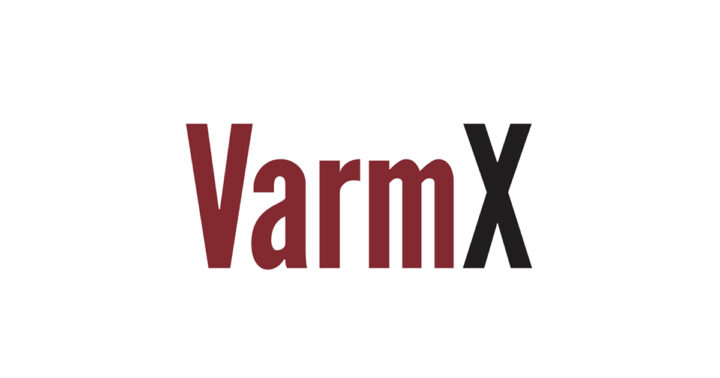Artax Biopharma is committed to radical innovation. But for the US-based biotech company and CEO Joseph Lobacki, the only innovations that truly matter are the ones that make a meaningful difference in patients’ lives. And Artax is developing a revolutionary therapy for autoimmune diseases that may do just that.
Lobacki got his start as an oncology pharmacist nearly 40 years ago. The patient-centered nature of that early work left a deep impression, staying with him as he shifted into the pharmaceutical industry and progressed through a range of roles within drug development. Lobacki’s core motivation was to get the right therapies to those in need, but he also wanted to build a new company.
“I’ve always enjoyed looking across a company and understanding how to move the development of a compound forward,” he explains.
And the more experience he gained across the full spectrum of drug development — early-stage research, funding, regulatory approval, manufacturing, marketing — the better he saw how the pieces fit together. So when Artax was looking for a new CEO in early 2020, Lobacki was more than ready.
“It’s really a mission we all share,” says Joseph Lobacki, CEO at Artax Biopharma.
Artax focuses on oral therapies for autoimmune diseases. Their lead product, the molecule AX-158, carries the potential to treat that class of disease in an entirely new way. Current treatment options are limited to immunosuppressants, which prevent a patient’s immune system from attacking their body but leave the patient more vulnerable to viruses or bacteria in their environment.
“The products work well, but when you don’t have an immune system to manage your external world, it gets kind of tough,” explains Lobacki. The paradigm-shifting innovation in AX-158 is that it regulates T-cell responses, so it’s designed to modulate rather than suppress a patient’s immune system.
Keeping that system in balance can reduce some of the everyday risks associated with a compromised immune system. It could mean, for instance, greater freedom of movement to run errands or visit with family and friends — activities that immunocompromised patients can’t take for granted, especially amid a pandemic.
AX-158 shows strong preclinical and phase 1 data. Next up is a phase 2a study with psoriasis patients to determine how the molecule helps them manage the condition.
For Lobacki and everyone else at Artax, the work is deeply personal: the therapy could help their own loved ones suffering from autoimmune diseases. “It’s really a mission we all share,” he says.
Patient needs and commercial interests go hand in hand
As a CEO, Lobacki’s focus on meeting patients’ needs has become a blueprint for Artax’s success. It’s an enduring trait from his days in pharmacy, when he had an intimate view of how individualized medical issues could be. So rather than focusing on products with the broadest commercial appeal, Artax is zeroing in on well-defined patient populations.
“We don’t just have a job to go out and sell a product, but to understand the appropriate patients for a treatment,” explains Lobacki. “Companies can get a drug to the market for many different indications, but if it’s not truly meaningful for patients, it doesn’t matter. And it doesn’t grow the company because it doesn’t meet a need in the community.”
It’s a philosophy shared by those on the Artax team, as well as investors. “Everybody agrees with the focus on patients. If it all works, then you do good things and the investment takes care of itself,” says Lobacki.
A firm that knows the science of innovation
According to Lobacki, truly novel drug therapy can be a challenge to pitch to venture capital firms. “Some VCs want innovative products, but they want somebody else to have made the leap first,” he explains.
But that wasn’t the case with Sound Bioventures. Lobacki connected with the firm through one of Artax’s board members during the company’s last round of fundraising. And right away, they were digging in with questions. Outside consultants were even brought in to evaluate the science.
“They were willing to say, ‘We are focused on innovative therapies. Others may not be doing this, and this is where we should be,’” recalls Lobacki.
The experience made Lobacki realize how crucial it is for a venture capital firm to fully grasp and appreciate the scientific basis for a given compound or technology in order to recognize its potential as a new therapy.
“I think it takes a group with strong scientific understanding to say, ‘We believe in this. We believe in what it can be, and we believe in the vision of this company,” he says.
Explore the full portfolio for Sound Bioventures and see what makes each company unique.



